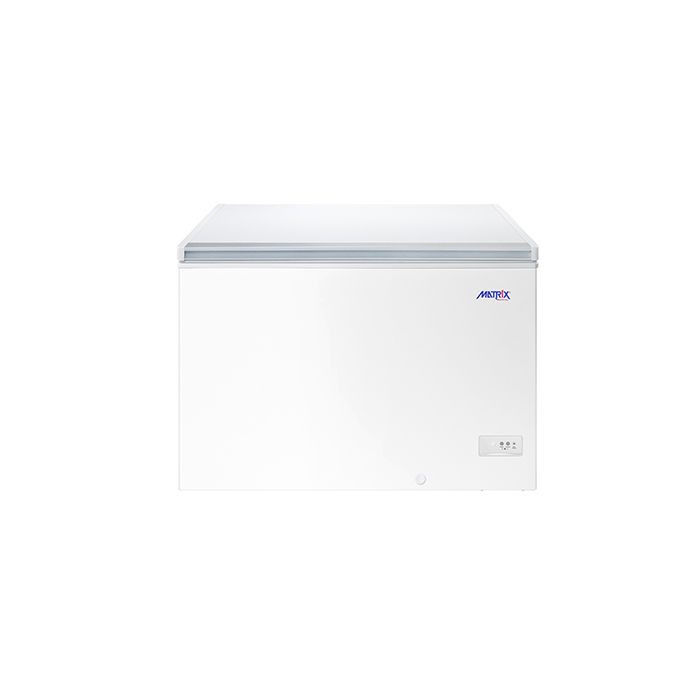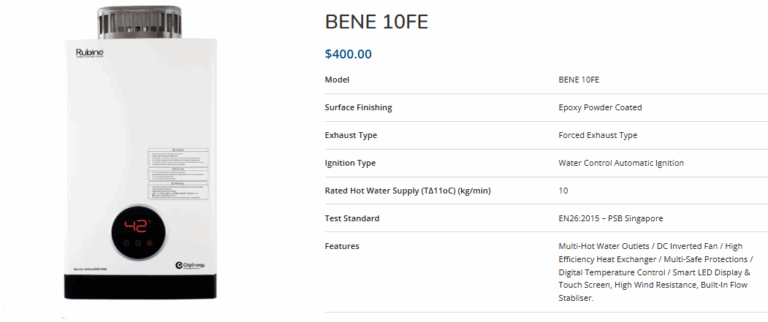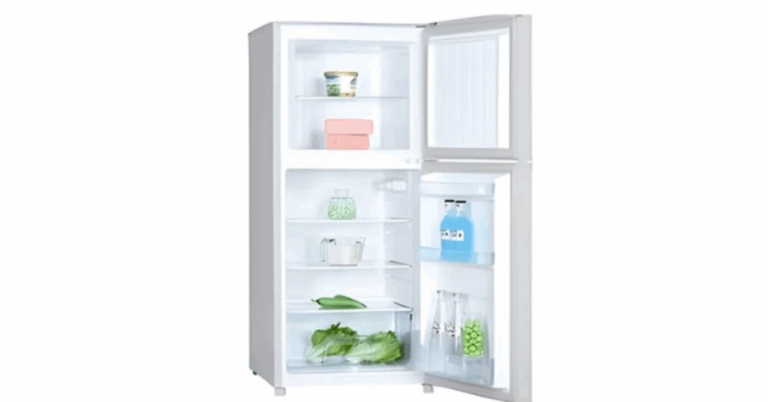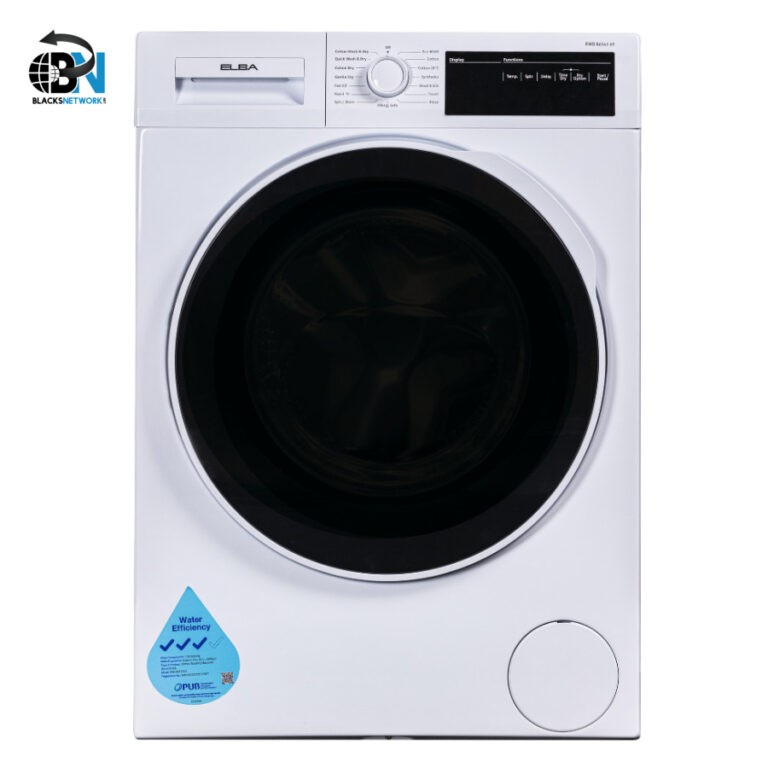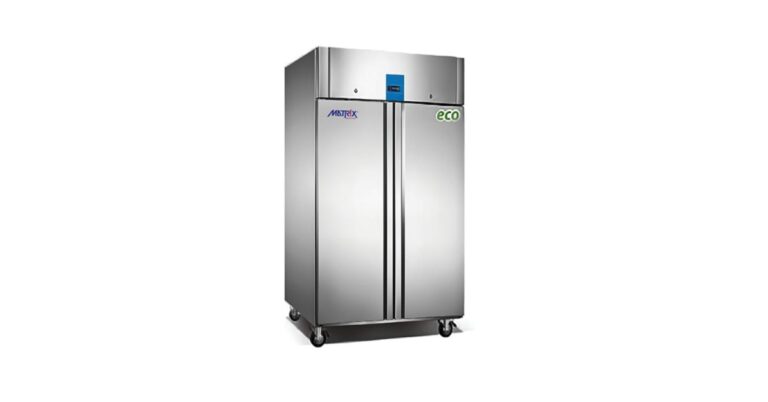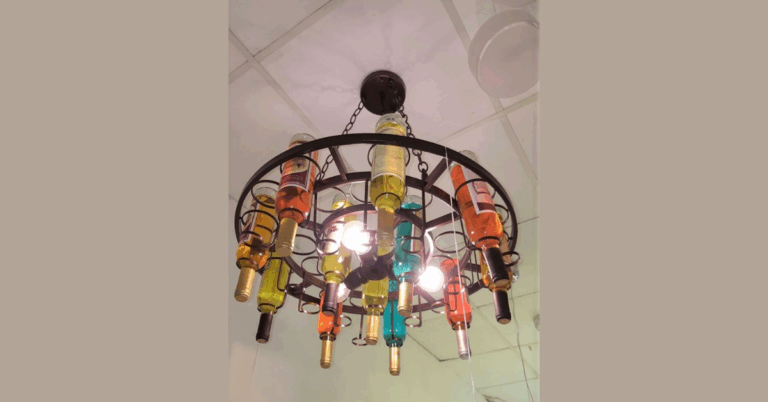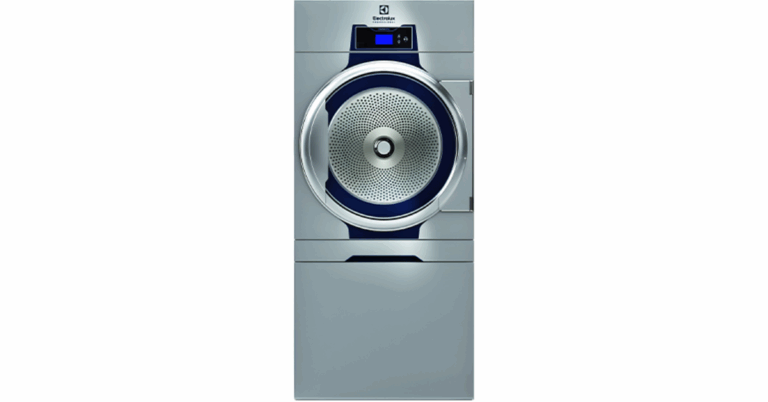Cruise Ship Chiller 110V 60Hz: Essential Cooling Solutions for Maritime Operations
A Cruise Ship Chiller 110V 60Hz is a vital component in maintaining optimal storage temperatures for perishable goods onboard. Operating efficiently within the 110V, 60Hz power standard, these chillers are tailored for the unique demands of marine environments, ensuring that food safety and operational efficiency are upheld throughout the voyage.
Importance of Marine Chillers on Cruise Ships
Cruise ships function as floating cities, accommodating thousands of passengers and crew members. The preservation of food and beverages is paramount to ensure guest satisfaction and comply with health regulations. Marine chillers play a crucial role in this aspect by providing reliable and consistent cooling solutions.
These chillers are designed to withstand the challenging conditions of the sea, including humidity, saltwater exposure, and constant movement. Their robust construction ensures longevity and minimizes the risk of equipment failure, which is critical in maintaining uninterrupted service.
Key Features of 110V 60Hz Marine Chillers
-
Voltage and Frequency Compatibility: Designed to operate on 110V, 60Hz power systems, these chillers are compatible with the electrical standards prevalent in many regions, ensuring seamless integration into existing shipboard systems.
-
Corrosion-Resistant Materials: Constructed with marine-grade stainless steel and other corrosion-resistant materials, these chillers can withstand the harsh marine environment, including exposure to saltwater and high humidity levels.
-
Energy Efficiency: Modern marine chillers are engineered to be energy-efficient, reducing the overall power consumption of the vessel and contributing to cost savings over time.
-
Advanced Cooling Technology: Equipped with advanced cooling systems, these chillers maintain consistent temperatures, ensuring the freshness and safety of stored items.
-
User-Friendly Controls: Featuring intuitive control panels, these chillers allow crew members to easily monitor and adjust temperatures, facilitating efficient operation.
Applications of Marine Chillers on Cruise Ships
Marine chillers are utilized in various areas of cruise ships, each serving a specific purpose:
-
Galleys and Kitchens: Store perishable ingredients, prepared meals, and beverages, ensuring they remain fresh until served.
-
Passenger Lounges and Bars: Keep drinks and snacks at optimal temperatures for guest enjoyment.
-
Crew Quarters: Provide refrigeration for crew meals and personal items.
-
Medical Facilities: Store temperature-sensitive medical supplies and medications.
-
Laundry Rooms: Maintain proper storage conditions for detergents and other chemicals.
Each application underscores the versatility and necessity of marine chillers in maintaining the functionality and comfort of cruise ships.
Benefits of 110V 60Hz Marine Chillers
-
Reliability: Designed to operate continuously in demanding conditions, ensuring uninterrupted service.
-
Cost-Effectiveness: Energy-efficient models reduce operational costs over time.
-
Compliance: Meets international maritime standards for safety and environmental impact.
-
Space Optimization: Compact designs allow for efficient use of onboard space.
-
Ease of Maintenance: Accessible components facilitate routine maintenance and servicing.
Installation Considerations
When installing a 110V 60Hz marine chiller, several factors must be considered to ensure optimal performance:
-
Electrical Compatibility: Verify that the chiller’s voltage and frequency match the ship’s power supply.
-
Ventilation: Ensure adequate airflow around the chiller to prevent overheating and maintain efficiency.
-
Mounting: Secure the chiller to minimize movement and vibration, which can affect performance.
-
Accessibility: Position the chiller for easy access during maintenance and servicing.
-
Proximity to Heat Sources: Avoid placing the chiller near heat-emitting equipment to prevent temperature fluctuations.
Proper installation is crucial to maximize the lifespan and efficiency of the chiller.
Maintenance Best Practices
Regular maintenance is essential to keep marine chillers operating efficiently:
-
Cleaning: Regularly clean condenser coils and evaporator fans to remove dust and debris.
-
Inspection: Check for signs of wear or corrosion, particularly in areas exposed to moisture.
-
Temperature Monitoring: Regularly monitor internal temperatures to ensure they remain within the desired range.
-
Defrosting: Periodically defrost the chiller to prevent ice buildup, which can impede airflow and reduce efficiency.
-
Professional Servicing: Schedule regular servicing by qualified technicians to address potential issues before they become major problems.
Adhering to these maintenance practices can extend the lifespan of the chiller and ensure consistent performance.
Challenges in Marine Refrigeration
Marine refrigeration systems face unique challenges due to the marine environment:
-
Corrosion: Exposure to saltwater and humidity can lead to corrosion of metal components.
-
Vibration: Constant movement of the ship can affect the performance of refrigeration units.
-
Power Fluctuations: Variations in the ship’s power supply can impact the operation of refrigeration systems.
-
Space Constraints: Limited space onboard requires compact and efficient refrigeration solutions.
Addressing these challenges requires careful selection of equipment and adherence to maintenance protocols.
Future Trends in Marine Refrigeration
The marine refrigeration industry is evolving to meet the changing demands of the maritime sector:
-
Sustainability: Increasing focus on environmentally friendly refrigerants and energy-efficient designs.
-
Automation: Integration of smart technologies for remote monitoring and control.
-
Modular Systems: Development of modular refrigeration units that can be easily scaled to meet varying capacity needs.
-
Advanced Materials: Use of advanced materials to enhance durability and performance in harsh marine conditions.
These trends indicate a shift towards more efficient, sustainable, and adaptable refrigeration solutions for cruise ships.
Conclusion
The cruise ship chiller 110V 60Hz is an indispensable component in maintaining the quality and safety of perishable goods onboard. Its design caters to the unique challenges of the marine environment, ensuring reliable and efficient operation. By understanding its features, applications, and maintenance requirements, cruise operators can ensure optimal performance and contribute to the overall success of their maritime operations.

